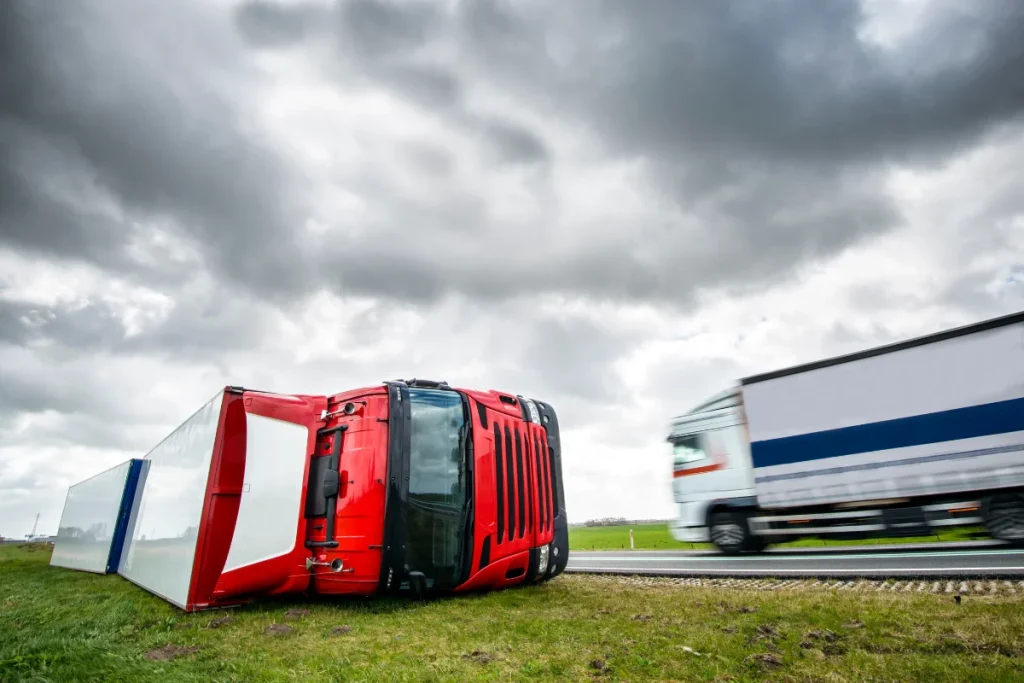Truck crashes are extremely serious. Trucks or Truck Accidents are a lot heavier than automobiles, so when they collide, the devastation can be huge. But when it comes to establishing fault, truck crashes are more difficult than standard automobile crashes. There are several reasons why.
Thanks for reading—why not stick around and see what else is new?
Accidents in Tampa: Why Local Help Matters
Tampa is a large city in Florida with busy roads, highways, and a lot of truck traffic. Big trucks often travel through I-75, I-4, and U.S. Highway 301, which are common places for crashes. Because of this, it’s important to understand the local traffic laws and court systems.
A Tampa truck accident lawyer understands how truck companies work and how Florida laws apply. They know what to look for, such as missing driver records or broken truck parts. This kind of local knowledge is helpful when building a strong case.
What Makes Truck Accidents More Complicated?
Trucks have different regulations from cars. Trucks are subject to state as well as federal regulations. Truck drivers have to maintain logbooks, take regular breaks, and ensure their trucks are in roadworthy condition. If any one of these regulations is violated, then it can result in an accident. But determining whether these regulations were violated takes time and expertise.
Also, truck accidents tend to involve more than one person or business. The driver may be an employee of a trucking company. That business may lease the truck or hire another business to load it. Even the business that manufactured the truck may be involved. This complicates trying to determine who is at fault.
Why It’s Harder to Get Proof
Unlike car crashes, truck crashes usually need more investigation. Right after a truck accident, the trucking company may try to protect itself. They may fix the truck quickly or hide records. That’s why it’s important to gather evidence fast.
Some of the key evidence needed in a truck accident case includes:
- The truck’s GPS and black box data
- Driver’s rest and work logs
- Maintenance records for the truck
- Video from dashcams or road cameras
- Reports from the police and witnesses
Getting this evidence takes time. Sometimes, the trucking company doesn’t want to share it. They may have lawyers who try to delay or block requests for information.
More People Mean More Confusion
In a car crash, it’s usually one person’s fault. But in a truck crash, there could be blame on the driver, the trucking company, the loading team, or even the people who made or fixed the truck. This makes the case longer and harder.
Sometimes the driver may have done everything right, but the truck might have had a mechanical problem. Or maybe the truck was loaded the wrong way, which caused it to tip over. Figuring all this out takes experts who can read logs, check truck parts, and understand safety laws.
Rules From Government Agencies
Truck drivers and companies must follow rules made by the Federal Motor Carrier Safety Administration (FMCSA). These rules include limits on how long a driver can stay on the road and how trucks must be checked. You can read more about these rules on the FMCSA website.
The National Highway Traffic Safety Administration (NHTSA) also shares data and research on truck safety and accident reports. Learn more at nhtsa.gov.
In the end, proving fault in a truck crash isn’t simple. There are many people involved, lots of rules, and evidence that can be hard to get. That’s why truck accidents need more time and knowledge to solve.
If you enjoyed this post, you’ll love what’s featured on 2A Magazine.







